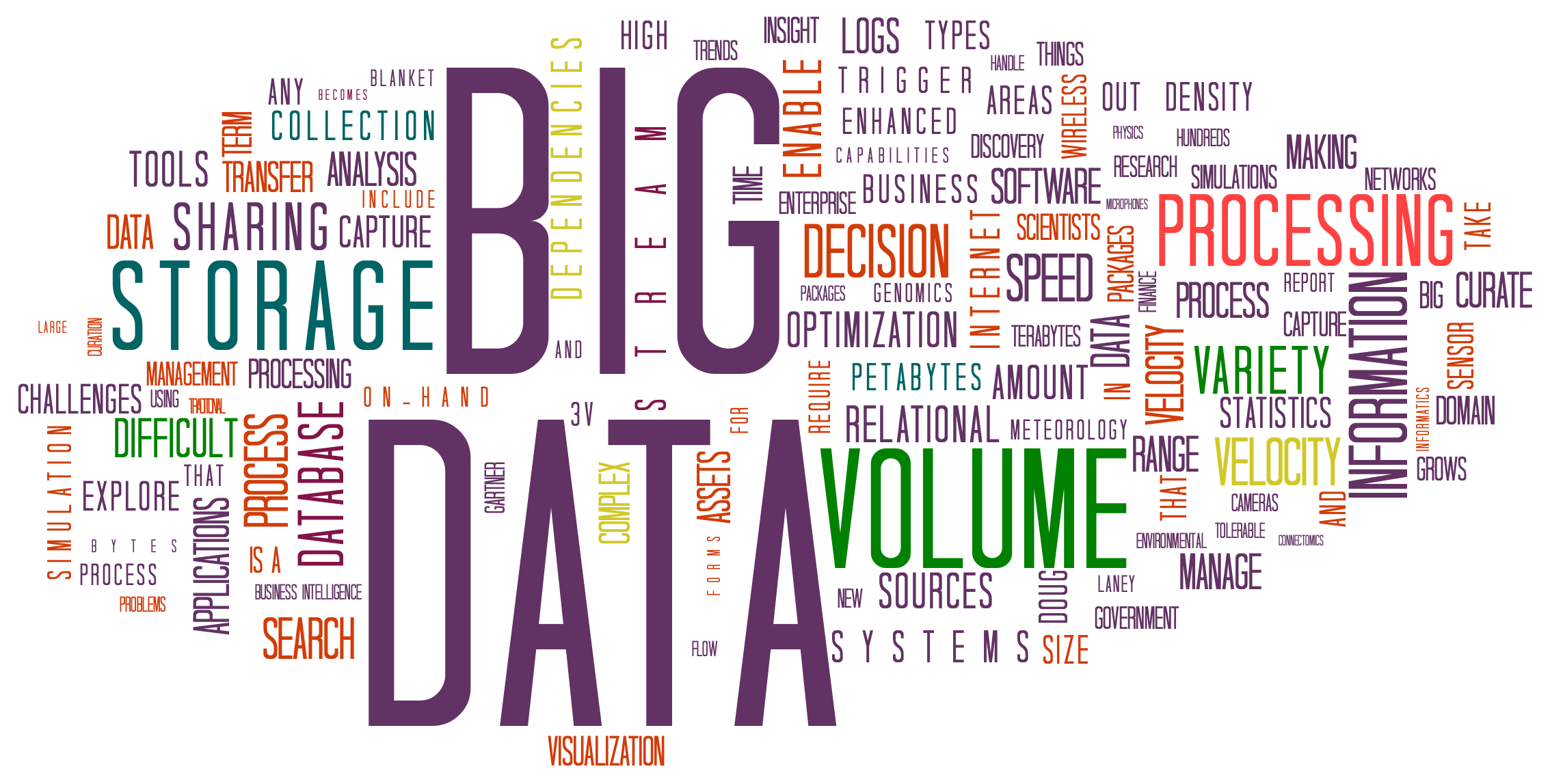Aug
28

Posted by karencoghlan on August 28th, 2019
Posted in: Blog
Tags: Data, data_science, fair use, open science, science

If you have ever taught a class, hosted an event, or counted foot traffic in your library you have probably collected data. I recently had the opportunity to attend the Research Data Management Roundtable hosted up at the University of Vermont where library data collection was discussed. The morning presentation focused on the library’s use of data obtained from digital learning objectives. The afternoon session had a broader theme of data ethics and the use of consent. It was a very enlightening discussion.
My take away from that discussion reinforced my belief that information is power. What you perceive as a challenge, might not be a problem to those outside your group or community until you can back up your issue with hard facts or data. Data can tell a story when there are patterns of evidence such as repetition or grouping of facts. Having the right data will help you make your case and prove your points to the people that matter. I know data is collected by apps and various companies, and that way more is known than I can control. On the flip side, to see if my instruction is working or the program being hosted is valuable, I collect limited data. This information is used to continue the program or figure out how to improve instruction.
I came away being more mindful in how and why the data that is collected. Now when I am about to get the new “free” app or solicit feedback on my latest endeavor, I pause before just blindly clicking. I stop to ask, “Why does the data need to be collected – what is the purpose? and “How will the data be used?” There is a battle waging for control over your information, as a consumer there is a need to be conscious and fight for the right to control your information.
Presently, there it is an uneven balance between those who collect data and the “free” apps you need to use. Be educated on your rights when getting new technology so you can limit data collection. Even if you knowingly or unknowingly consented, once that data is out there it is hard to get control over it or get it back. In the meantime, do your part and be conscious of what data you collect and how it is used.